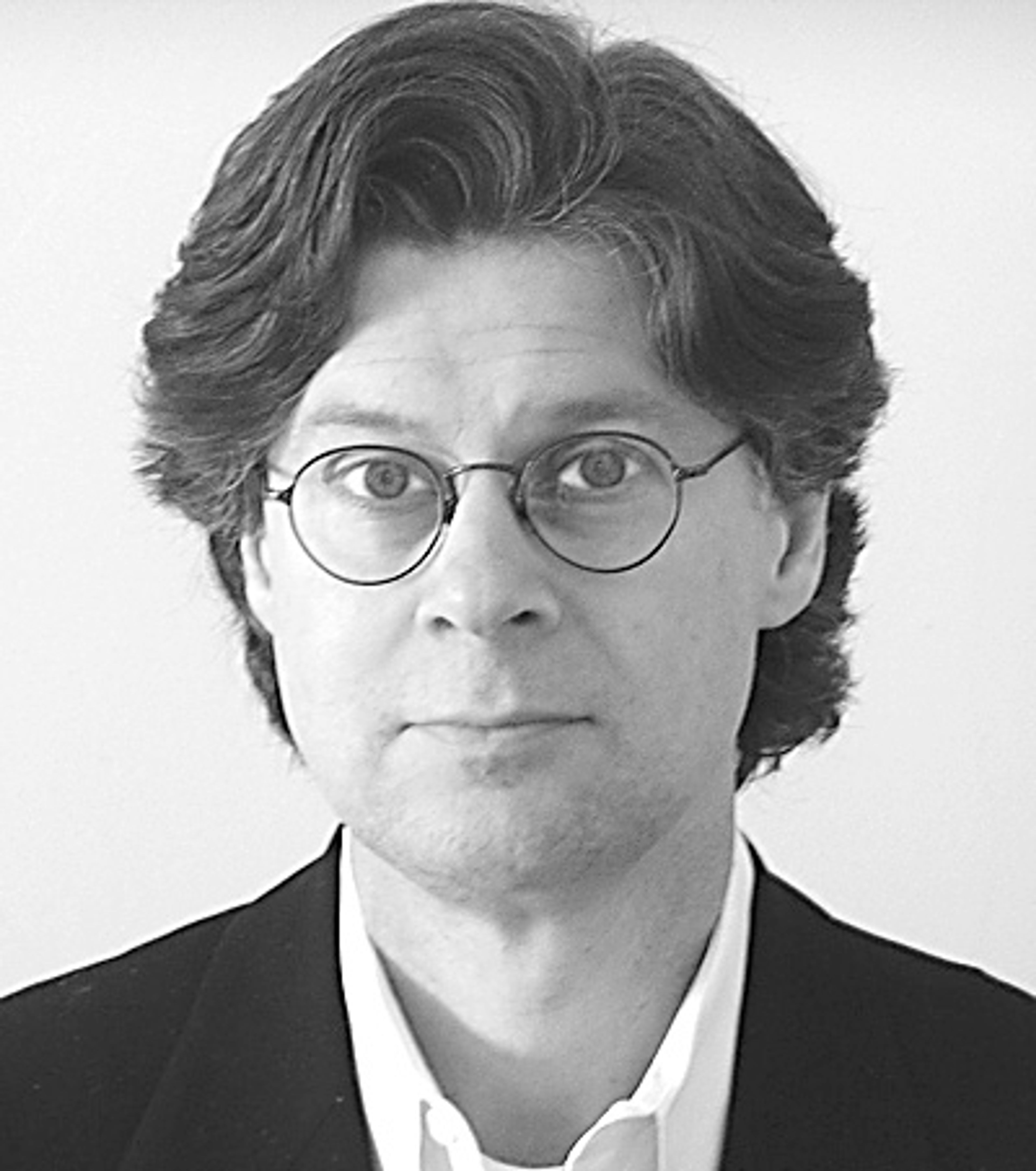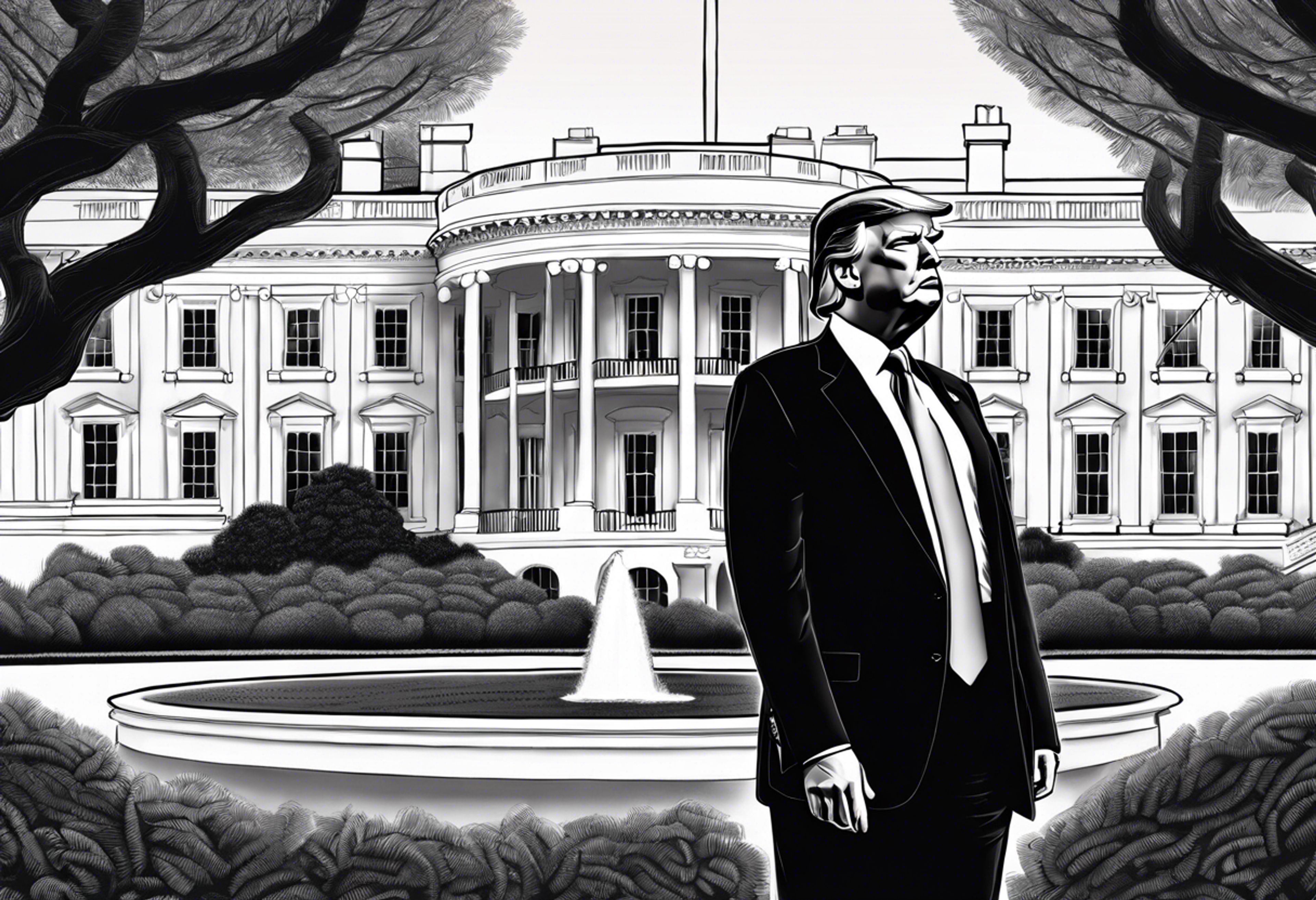The quiet rebirth of Christianity
For many years, journalists have referred to Islam as the "world's fastest growing religion." While statistics of faith practices are difficult to verify, in absolute terms Islam has enjoyed many years of measurable growth at or near 2 percent, compared to just under that for Christianity...
For many years, journalists have referred to Islam as the "world's fastest growing religion." While statistics of faith practices are difficult to verify, in absolute terms Islam has enjoyed many years of measurable growth at or near 2 percent, compared to just under that for Christianity.
Even under the most expansive view of the number of Muslims, and the more restrictive statistics on the number of Christians, however, there remain more Christians in the world -- 2.1 billion -- than Muslims -- 1.3 billion. In third by size, Hinduism has fewer than 900 million followers.
Even more significantly, there is evidence that Christianity, especially in Africa and Asia, but even in Latin America, remains seriously underreported in contrast to Islam and Hinduism.
While most of the growth in Islam occurs through natural increase, the addition of Muslim children to the faith, an accelerating percentage of Christianity's growth is happening in nations where the Gospel of Jesus Christ faces persecution or outright bans. The best example of this is China, where small official churches, heavily monitored by the Communist government, have perhaps 15 million members, compared to underground Christian groups, both Protestant and Catholic, with perhaps 85 million additional believers.
While Muslim groups can build mosques and openly seek converts in Europe and the United States, the same liberty is not granted to Christian missionaries working in most Muslim countries; despite this, there are millions of Christians within the Middle East and North Africa, in rapidly growing communities of Coptic, Catholic and Protestant believers.
In an irony of repression, Muslim youths in Iraq, Algeria, Egypt and other nations are turning to Christianity because it faces so much opposition from the state, their parents and Muslim clergy. Banning an idea -- in this case, Christianity -- does a great deal to make it more attractive to those at odds with their society.
The rise of Islamic terrorism, inspired by al-Qaida and other groups, has also had a negative impact on the attractiveness of Islam. Throughout West Africa and Indonesia, for example, tribes and ethnic groups who have considered themselves Muslims for centuries have been denounced as heretics and idolaters by al-Qaida-inspired Muslim clerics, for including elements of traditional practices in their Islam. Such practices as maintaining tombs for their ancestors, or celebrating regional festivals, have been condemned by Muslim teachers, intent on a single version of Islam, with no local variations.
Entire villages and districts, seeing in Christianity a more tolerant faith, have converted. One Saudi religious leader complained that more than 6 million Africans were converting from Islam to Christianity every year; while the statistic is an exaggeration, it does reflect a clear trend in real conditions.
In a related pattern, tens of thousands of Indians, confined to the lowest social castes, and facing discrimination within Hinduism, have embraced Christianity, a faith that does not support the ethnic and social stratification present in Hinduism. Connected to this is the gradual decrease in population growth rates in the Muslim world, which will soon lower the annual increase in adherents to a pace barely above replacement level.
In addition to this underreporting, which substantially minimizes the numbers of Christians worldwide, there is also a broader change that is transforming Christianity into a more vibrant and global faith.
A century ago, Christianity, especially Protestant Christianity, was overwhelmingly European and North American -- white, relatively wealthy and only marginally present elsewhere. Even Catholicism in Latin America remained mostly practiced by those of full or partial European ancestry, with indigenous populations far less engaged in the faith.
Africa and Asia now hold together almost 40 percent of all Christian believers, with growth rates nearing 3 percent. If these patterns continue, sometime this century the majority of Christians will be from these two continents. Already, conservative Episcopalians look to African bishops for leadership, and discussion within the Catholic Church quietly swirls around the question of which Latin American, Asian or African cardinal will be the next pope.
Why does this matter, beyond interest in churches and mosques across the globe? The impact on global politics is likely to be as traumatic as has been the rise and fall of other ideologies and religious faiths.
The loss of perceived momentum is often as essential in world history as actual defeats. For imperial Rome in the fifth century A.D., Roman Catholicism in the 16th century, and Soviet Communism in the late 20th century, their declines began when their supporters no longer believed their triumph was inevitable.
Religions, as with political ideologies, rise most quickly when new believers sense they have the tides of history pushing them forward. While it has only represented a small minority within Islam, radical and violent jihadism has benefited from the broad acceptance of Islam as representing the demographic future of the planet. If, in fact, that future will instead be a more Christian one, one of the ironic reasons for this change will be the intensity of some of the most vocal, and violent, members of what soon will be former holder of the designation, "world's fastest growing religion."
Dr. Wayne Bowen received his Ph.D. in history from Northwestern University, and is also an Army veteran.
Connect with the Southeast Missourian Newsroom:
For corrections to this story or other insights for the editor, click here. To submit a letter to the editor, click here. To learn about the Southeast Missourian’s AI Policy, click here.









